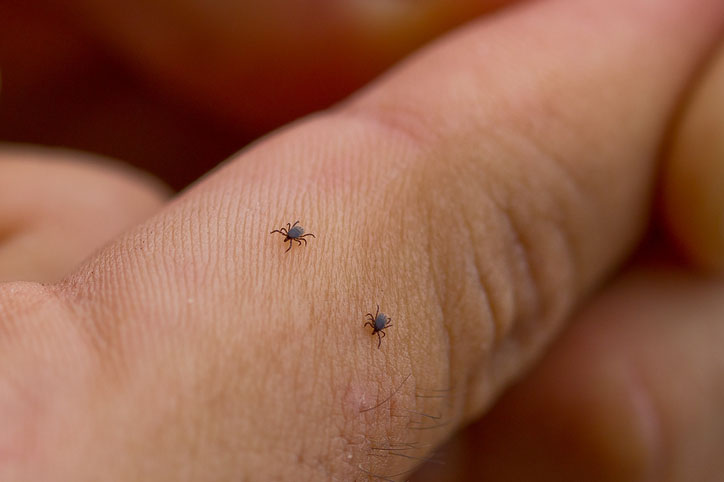Nutrition in Marsupials
- Nutrition: Exotic and Zoo Animals
- Overview of Nutrition: Exotic and Zoo Animals
- Nutrition in Birds
- Nutrition in Psittacines
- Nutrition in Passerines
- Nutrition in Columbiformes
- Nutrition in Raptors
- Nutrition in Piscivorous Birds
- Nutrition in Waterfowl
- Nutrition in Gallinaceous Birds
- Nutrition in Ratites
- Nutrition in Mynahs
- Nutrition in Toucans
- Managing Nutrition of Avian Zoological Collections
- Handrearing Zoo Mammals
- Nutrition in Bats
- Nutrition in Zoo Carnivores
- Nutrition in Insectivores, Edentates, and Aardvarks
- Nutrition in Marine Mammals
- Nutrition in Marsupials
- Nutrition in Primates
- Nutrition in Rodents and Lagomorphs
- Nutrition in Subungulates and Ungulates
- Nutrition in Reptiles
- Nutrition in Crocodilians
- Nutrition in Snakes
- Nutrition in Turtles
- Nutrition in Tortoises
- Nutrition in Lizards
- Nutrition in Fish
Most didelphid marsupials can be fed dry or canned dog or cat food. Smaller species can be fed canned primate diet. Hard-boiled egg, green vegetables, carrot, sweet potato, apple, and banana can also be offered. Dasyurids (eg, marsupial “mice,” native cats, Tasmanian devils) and bandicoots can be fed canned or frozen feline diet. In addition, crickets, mealworms, and mouse pups can be given to smaller species; larger species can be given mice and shank or rib bones. Wombats and the larger macropod marsupials can be fed a combination of large herbivore pellets, rabbit pellets, or special kangaroo pellets. Rat kangaroos will eat a combination of mouse pellets and rabbit pellets. To prevent lumpy jaw, the diet of marsupials should contain at least 200 mg of vitamin E and 0.2 mg of selenium/kg dry matter.
Green vegetables, carrot, sweet potato, apple, and banana can be offered to all herbivorous and omnivorous marsupials. For herbivores, greens and vegetables should be added in limited amounts; these marsupials should be fed a good-quality hay that has not too long stems. Currently, captive koalas can be fed successfully only on leaves of certain species of eucalyptus. Special pellets for koalas are being tested and may be available in the future.
- Nutrition: Exotic and Zoo Animals
- Overview of Nutrition: Exotic and Zoo Animals
- Nutrition in Birds
- Nutrition in Psittacines
- Nutrition in Passerines
- Nutrition in Columbiformes
- Nutrition in Raptors
- Nutrition in Piscivorous Birds
- Nutrition in Waterfowl
- Nutrition in Gallinaceous Birds
- Nutrition in Ratites
- Nutrition in Mynahs
- Nutrition in Toucans
- Managing Nutrition of Avian Zoological Collections
- Handrearing Zoo Mammals
- Nutrition in Bats
- Nutrition in Zoo Carnivores
- Nutrition in Insectivores, Edentates, and Aardvarks
- Nutrition in Marine Mammals
- Nutrition in Marsupials
- Nutrition in Primates
- Nutrition in Rodents and Lagomorphs
- Nutrition in Subungulates and Ungulates
- Nutrition in Reptiles
- Nutrition in Crocodilians
- Nutrition in Snakes
- Nutrition in Turtles
- Nutrition in Tortoises
- Nutrition in Lizards
- Nutrition in Fish





